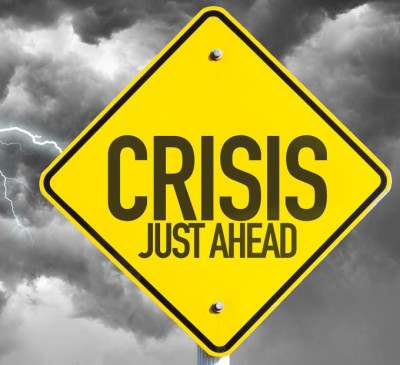Are You Prepared in Case of an Emergency?

Does your organization have a plan in place to respond to an emerging issue like a negative media article, a major reorganization or a controversial legal matter? According to a recent PR News article, PR pros anticipate a rise in crisis communications as we enter the new decade and it’s important that your organization not be caught on its heels.
The goal of managing crises is to mitigate the immediate danger, along with any subsequent serious negative repercussions–while maintaining leadership and transparency on the issue at hand. While we all hope we never have a reason to actually implement a crisis communications plan, it’s vital to have one in place. It is crucial to assure that all key players understand their role in a crisis and know how to initiate action so they are able to quickly and efficiently respond to any situation.
Here are four things to keep in mind when developing your organization’s crisis communications plan:
- Identify the most likely scenarios. You can never fully anticipate all the details of a potential crisis, but it’s important to think through whatever situations are most likely to occur and then determine whether any potential scenarios can be grouped together in terms of how you would respond. Identifying a few key situations will help keep your plan manageable and actionable and will allow your response system to be easily adaptable to a variety of situations.
- Determine a threshold for responding. Not every situation warrants a response, as sometimes the response itself will only add more fuel to the fire. It’s important to always assess the caliber of the threat and determine from there how best to publicly respond, if at all. Even if a response is not deemed necessary, it’s still important to monitor the situation and have some draft materials in place should things escalate.
- Determine chain of command and have appropriate back-ups identified. This is a very critical piece of any crisis communications plan. By having key members and back-ups identified, it allows your organization to quickly put your crisis plan in motion and ensures that everyone who needs to be in the know will be notified quickly. A crisis can occur at any time and, as much as we’d like to be, we all can’t be available 24/7. So, having a back-up person identified for each role in the crisis plan will guarantee that the plan progresses as it should, regardless of whether someone is unavailable.
- Develop draft materials with key messages that can be easily updated depending on the crisis. Time is of the essence during a crisis, so having outlines with key talking points and messages at the ready will help jump-start your response efforts and help you move quickly. Having some of these draft materials pre-approved will save valuable time during an actual crisis, which will mean your organization can respond as quickly as needed to all situations.
As Benjamin Franklin said “By failing to prepare, you are preparing to fail.” If your organization doesn’t have a crisis communications plan in place, contact The Reis Group and we can work with you to ensure you are ready to set the right processes in motion should a crisis situation arise.




